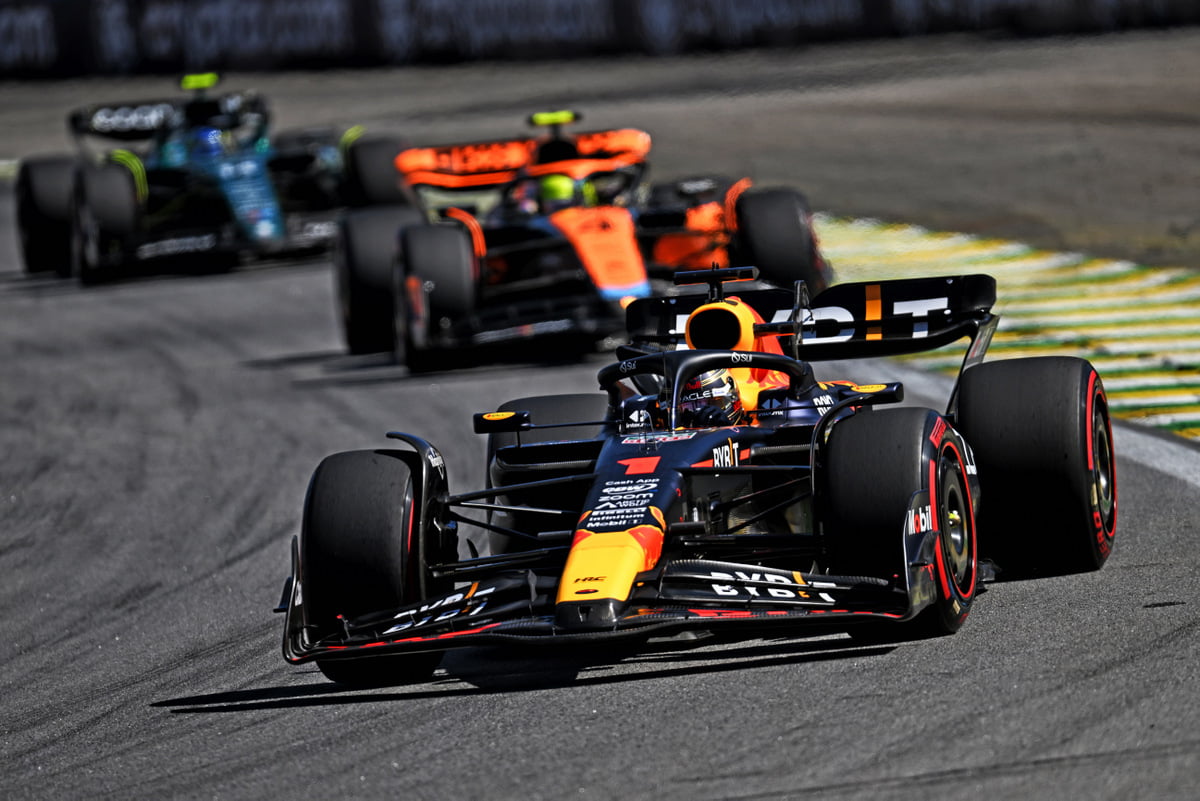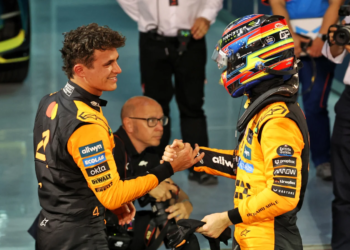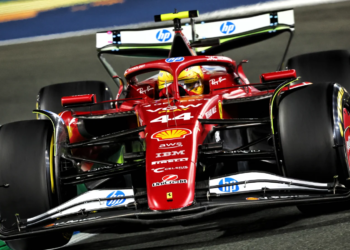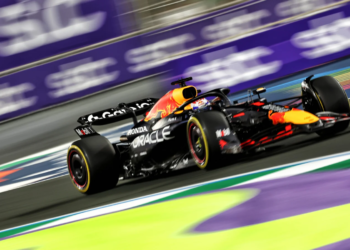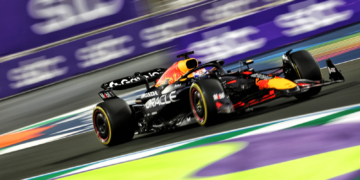Red Bull motorsport advisor Helmut Marko has asserted that there should be no cause for concern following reports that the RB20 had failed an early FIA crash test.
Before a wheel is even turned at pre-season testing, each car must complete and satisfy a series of stringent impact tests under FIA supervision to ensure that safety standards are met in the event of an accident on circuit.
Last week, it was reported by Motorsport Italia that Red Bull’s 2024 challenger had failed its initial frontal impact test.
The rumours of the RB20’s hiccup have not been confirmed by Red Bull or the FIA, although it is not particularly uncommon for new machinery to stumble at this early hurdle.
Speculation in Italian media suggests that the reported Red Bull failure comes as a result of weight-saving changes made to the front nose of the RB20, an evolution of the dominant RB19 that stormed to victory in all but one grand prix in 2023.
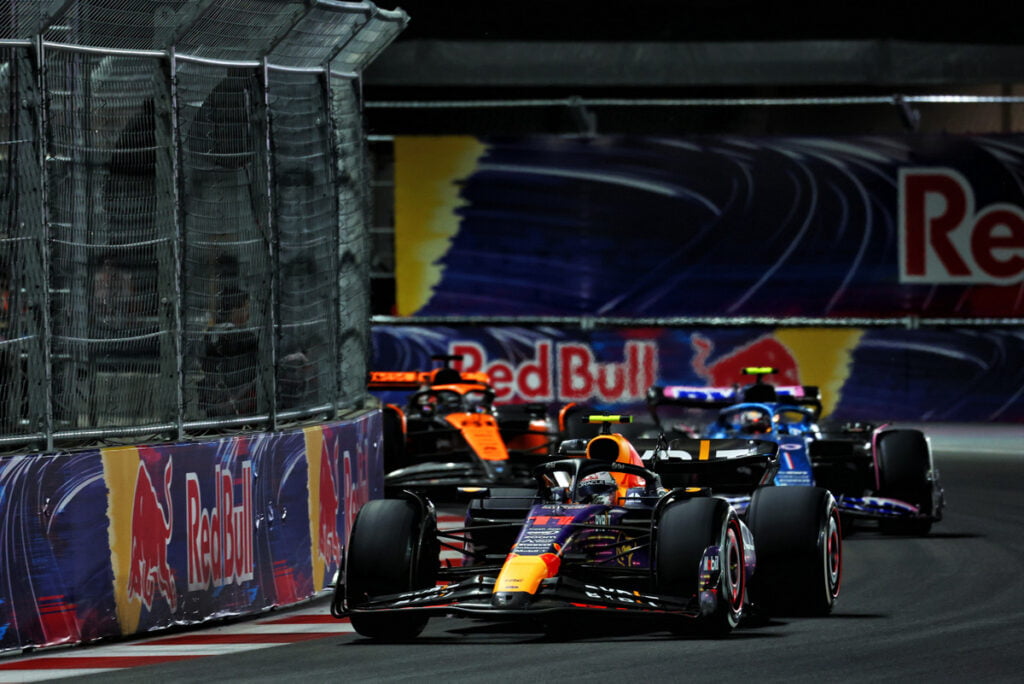
A failed crash test could potentially throw the reigning champions off course with pre-season now rapidly approaching.
Any components found to fail the FIA’s tests would need to be redesigned, strengthened and re-tested before arriving in Bahrain in late February.
Marko has now addressed the speculation, stating there is no panic in Milton Keynes and that he would be more concerned if the team were to pass at the first time of asking.
The Austrian, who is set to remain in his advisory role with the team for a further three years, neither confirmed nor denied the rumours saying: “If we had passed the first crash test, that would be precisely the problem. Then we wouldn’t have done well!”
Marko’s comments confirm Red Bull’s determination to continue its dominant form into the upcoming campaign and are prepared to take risks to keep the chasing field at bay.
Team Principal Christian Horner confirmed that Red Bull ceased development of the RB19 in August to turn its focus towards its evolutionary 2024 challenger.
Meanwhile, Head of Performance Engineering Ben Waterhouse revealed that the team is already looking towards 2025 before the RB20 has even hit the track.

